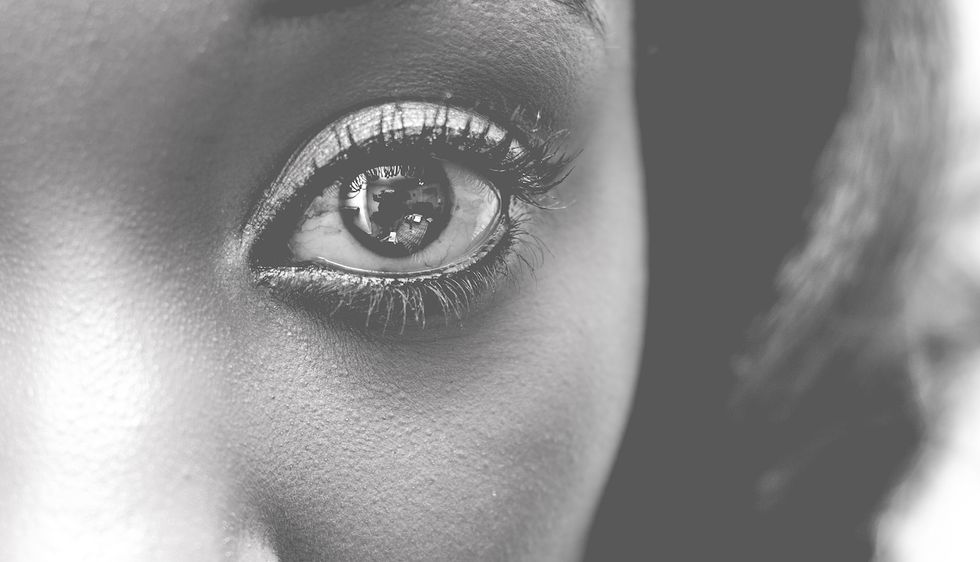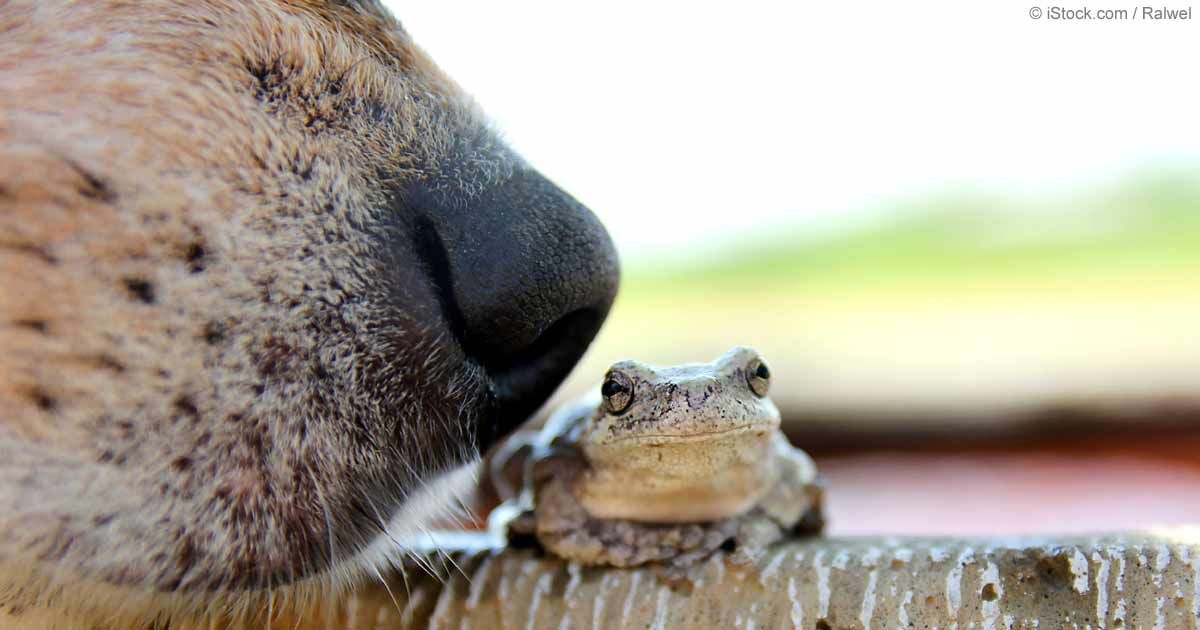In Zora Neal Hurston’s novel, "Their Eyes Were Watching God," a woman named Janie Crawford learns what love truly means to her through the experiences she has with three different men. Throughout these relationships Janie discovers new aspects of the society she lives in, including discrimination because of who she is. The book addresses the racial and gender inequality present in the society Janie lives in and demonstrates the ways in which this affects her life as a black woman.
From the beginning of the story Janie’s life is dictated by the fact that she is female.
Her grandmother advises her to get married quickly because she believes that Janie will be better off with the protection of a husband. This concern reveals that her grandmother understands how easily a single woman with no family can be taken advantage of if not careful. Because of this, Janie feels forced to marry Logan despite not loving him. She soon leaves him in order to marry Joe who serves as a representation of many of the sexist men in their society.
Over the course of their relationship, Joe looks down on Janie and regards her as someone who is incapable of higher thinking because she is a woman. He would “tell [Janie she] never would learn. It was too heavy fuh [her] brains” (Hurston 96) in order to establish a sense of superiority over her. This is because from Joe’s perspective, men are more knowledgeable and capable than their female counter parts. Janie forces herself to endure the ill treatment because she thinks there is no escape. Trapped in an abusive relationship, Janie begins to realize that she does not have to stay silent just because of societal expectations.
The sexism Janie faced began to change her outlook on life.
Her views become increasingly different than that of many of the men in Eatonville as she believes that “people ought to have some regard for helpless things” (Hurston 57), meaning that she pities the less powerful and mistreated. From her perspective, those that are helpless do not deserve to be wronged which serves as a reflection of her own situation. In addition to the obstacles Janie faced due to her gender, she also witnessed racial discrimination through the people she met after marrying Tea Cake.
Her relationship with Ms. Turner introduced the glaring problem of both racism and colorism within the black community. Ms. Turner pushes irrational opinions on Janie in attempt to make her also believe that those with dark skin are worse than everyone else by claiming that her “disfavorite subject was negroes,” and she “can’t stand black negroes” (Hurston 140-141). Despite being favored for her few characteristics that are similar to white people, Janie embraces her blackness and maintains respect for her race.
She does not allow racism to consume her.
Janie’s life was affected by the gender and racial discrimination present in society. There are various moments in the story where she is confronted by unequal treatment due to who she is versus societal expectations of who she should be. These experiences shape her personality and the type of woman that she becomes by the end of the novel.




















 sunrise
StableDiffusion
sunrise
StableDiffusion
 bonfire friends
StableDiffusion
bonfire friends
StableDiffusion
 sadness
StableDiffusion
sadness
StableDiffusion

 purple skies
StableDiffusion
purple skies
StableDiffusion

 true love
StableDiffusion
true love
StableDiffusion
 My Cheerleader
StableDiffusion
My Cheerleader
StableDiffusion
 womans transformation to happiness and love
StableDiffusion
womans transformation to happiness and love
StableDiffusion
 future life together of adventures
StableDiffusion
future life together of adventures
StableDiffusion





















